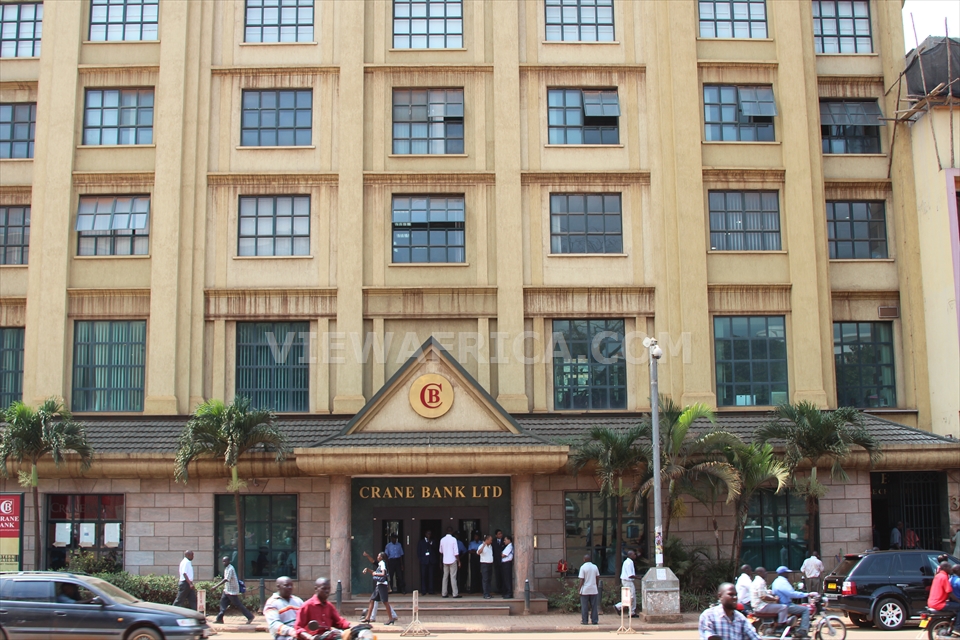By their nature, journalists are very difficult people to satisfy intellectually; they have an all-knowing ‘attitude’ normally rubbed in the faces of many they interact with on a daily basis.
Journalists always speak about the ‘independence’ of media houses, brushing off any insinuations of bias and compromise. In other words it is all well with the media houses. Till it comes to doing business!
Most, if not all media houses survive on advertising. Indeed, in most of sub-Saharan Africa, this ‘survival’ is usually ‘bankrolled’ by governments, the biggest advertisers. However, unlike in the West and other developed areas, in Africa the said governments are also some of the biggest abusers of most fundamental freedoms, usually putting them at crossroads with the media, a development that at times leads to arm-twisting including the refusal to give advertisements to ‘offending’ media houses.
Indeed, in Uganda the Monitor Publications including its sister company NTV have at different points in time been confronted by ‘hostility’, with the government restricting doing business with them.
So, given such a scenario, the media houses are left with very few options including reaching out to the private sector and some civil society organisations for adverts. This can be tricky and is certainly less income-generating for the media houses because such organisations hugely depend on donor funds, which most likely have a small component for advertising, mostly jobs. Indeed, in most of Sub-Saharan Africa, it is against such a background that the private sector inevitably becomes the lifeline of the media houses.
But needless to say, it is important to acknowledge that the media industry in Uganda is a work in progress, meaning that there is much less social and economic interaction between the private media owners and business moguls. This means less business for the former, negatively impacting on a chain of beneficiaries, a situation that calls for media/private sector interaction.

In Uganda, over the past 20 years the biggest private sector advertiser has been Sudhir Ruparelia and his business empire comprising of among others subsidiaries like Crane Bank, Meera Investments and Goldstar Insurance.
Indeed, some of the major private media houses that have since their inception benefitted immensely from the tycoon’s advertising generosity include The Red Pepper Publications, The Monitor Publications and The Independent Publications of journalist-cum-businessman Andrew Mujuni Mwenda.
Similarly, smaller publications like Teddy Sseezi Cheeye’s Uganda Confidential and The Sunrise also benefitted from the Sudhir empire advertising.
So, as the Sudhir business empire faces challenges because of the economic meltdown in Uganda, the print media is likely to suffer a temporary setback and should brace itself for tougher times.







